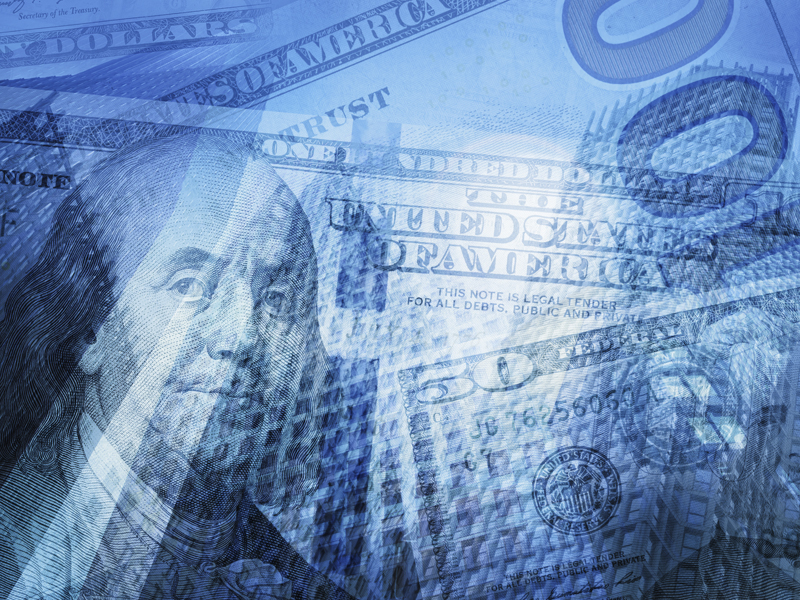Leveraged Payouts: How Using New Debt to Pay Returns in Private Equity Affects Firms, Employees, Creditors, and Investors
Abstract
Private equity (PE) managers often generate financial returns without selling the portfolio company by leveraging company assets or cash flows. We study one such “leveraged payout” transaction, the dividend recapitalization (DR). As large, high-quality firms are selected for DRs, we identify causal effects using PE relationship bank CLO underwriting. DRs induced by cheap credit make firms riskier, with higher bankruptcy and failure rates, but also more IPOs and revenue growth. While DRs increase deal returns, they reduce wages, pre-existing loan prices, and fund returns (possibly reflecting moral hazard via new fundraising), pointing to negative implications for employees, creditors, and investors.
Authors
Abhishek Bhardwaj, Tulane University
Abhinav Gupta, UNC Kenan-Flagler Business School
Sabrina T. Howell, NYU Stern & NBER
